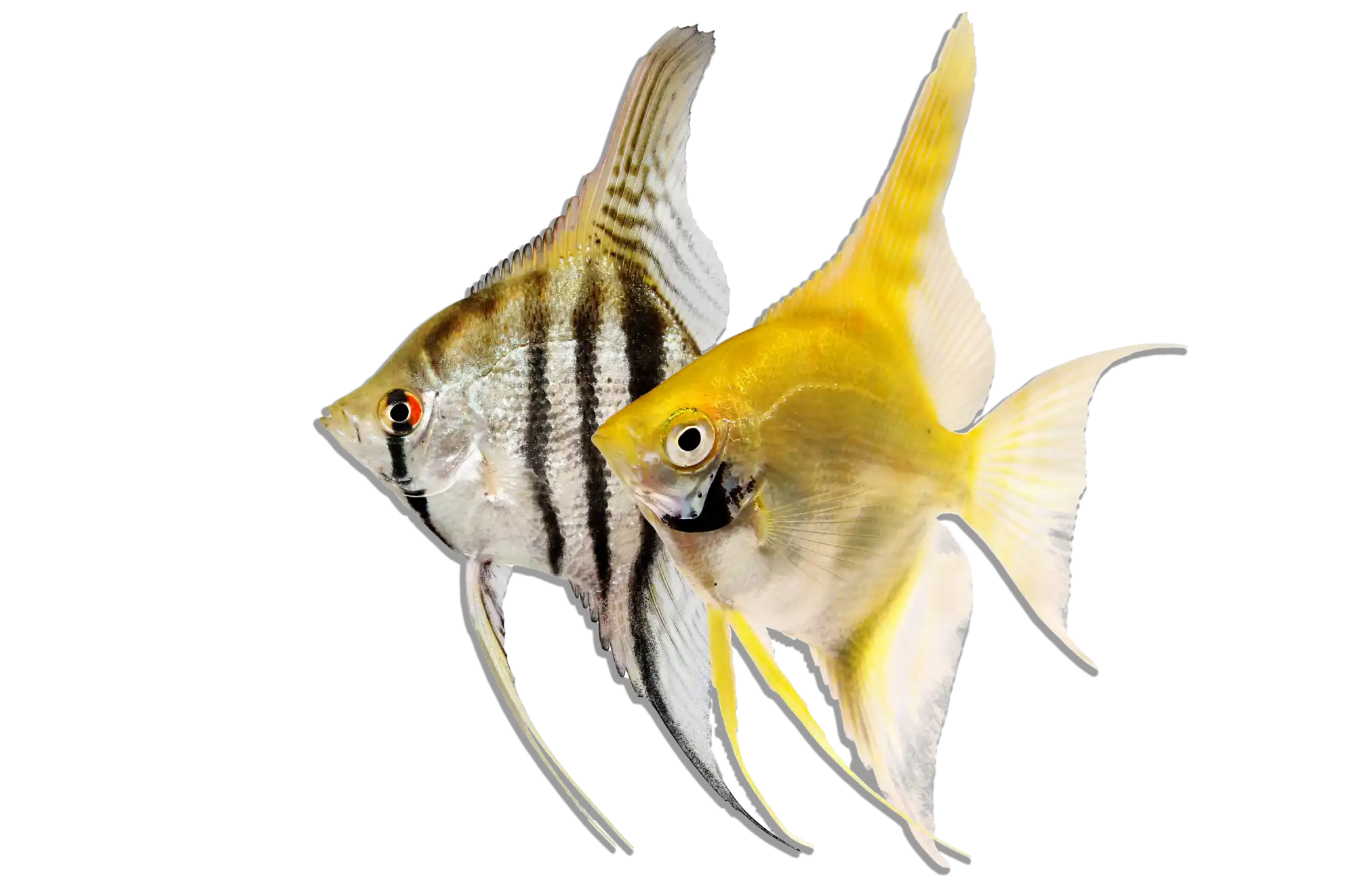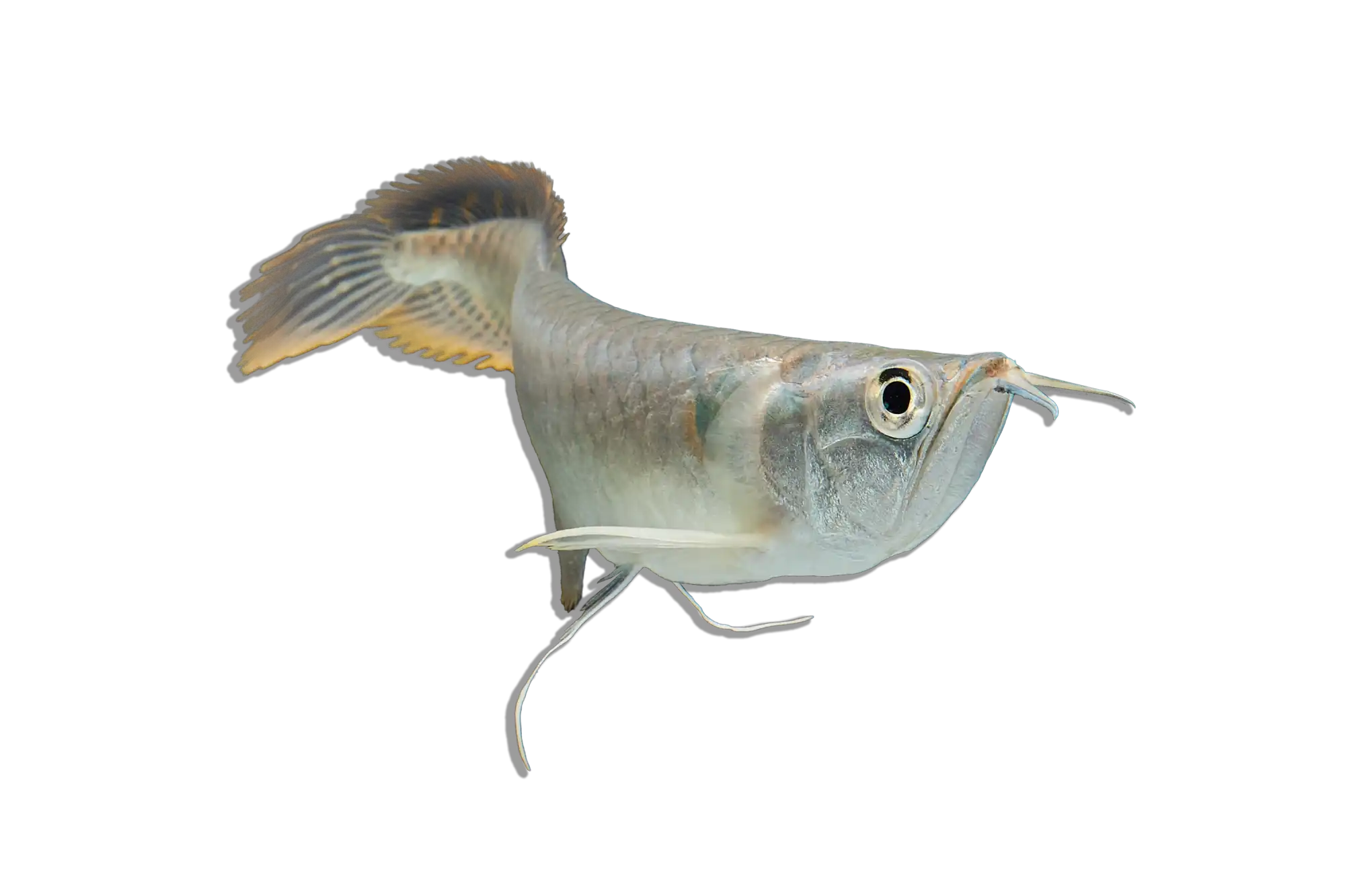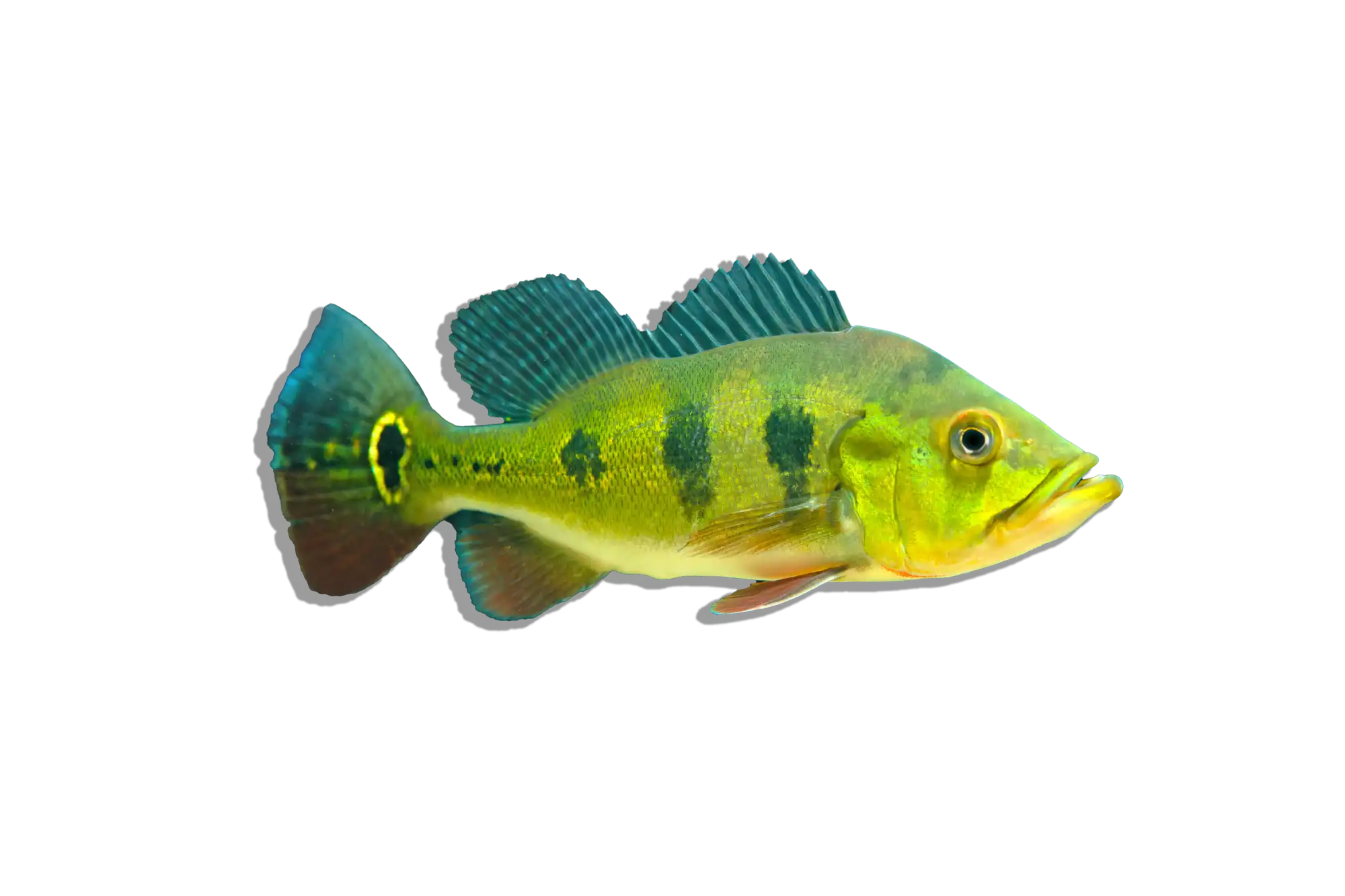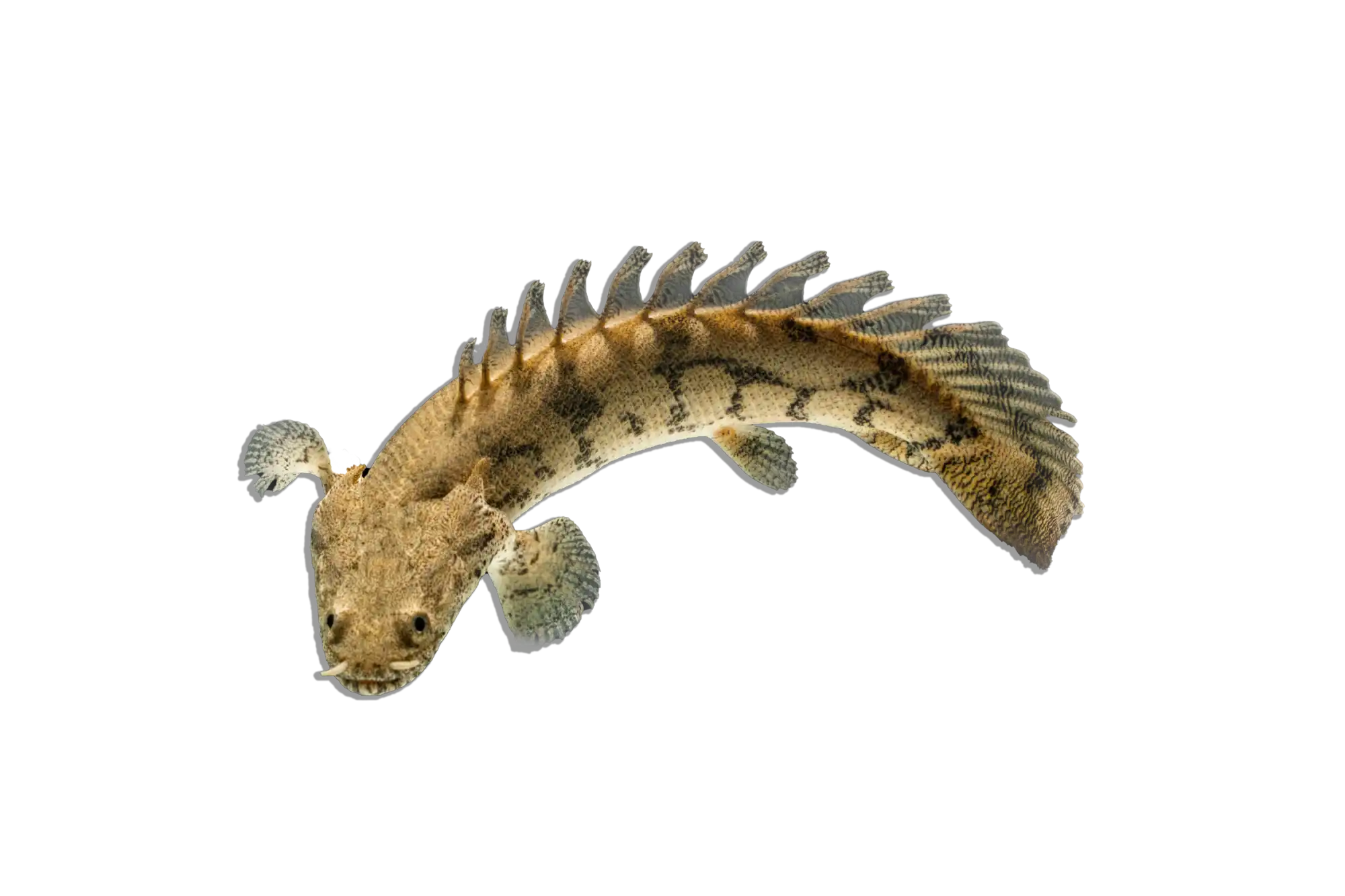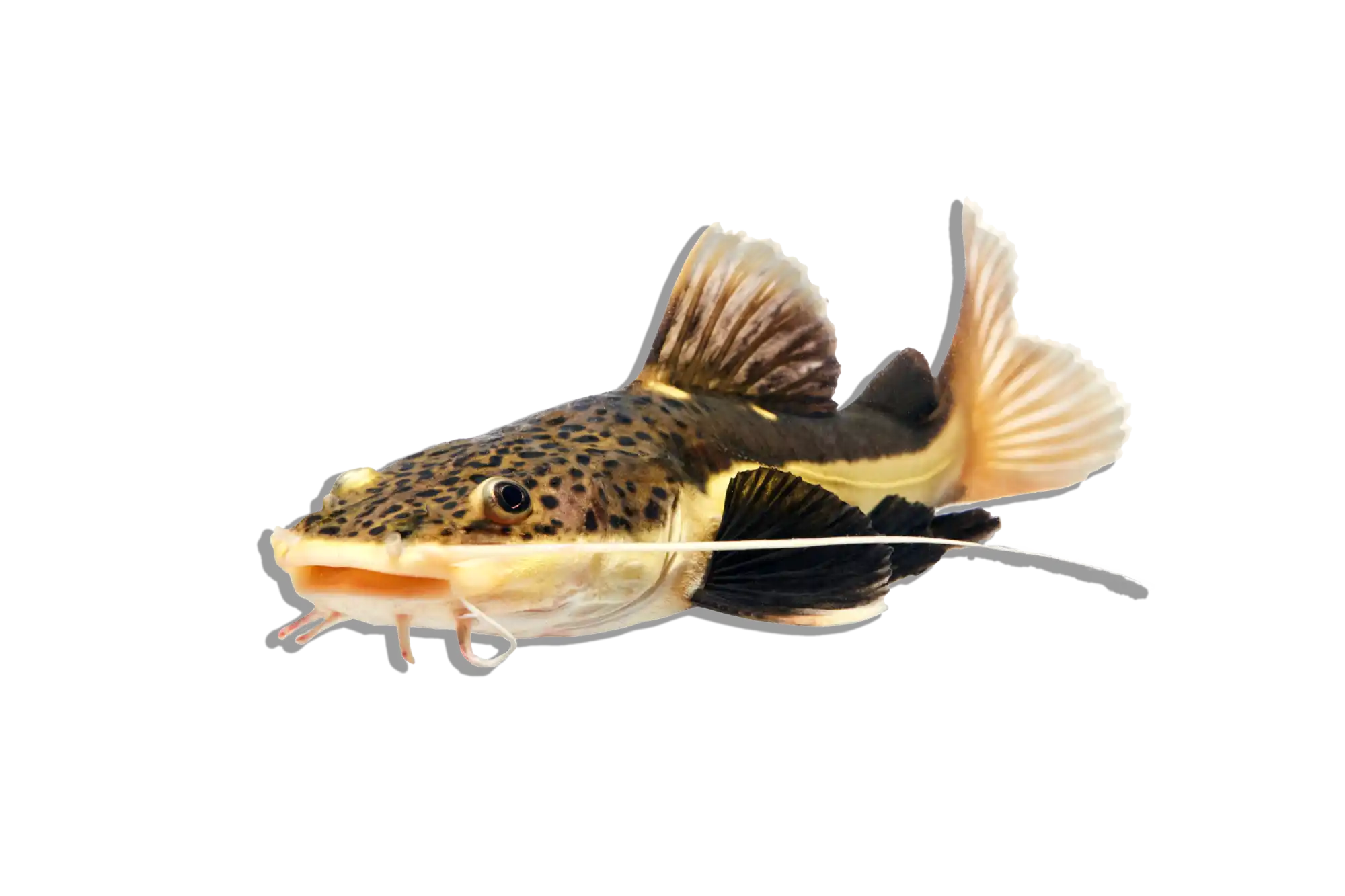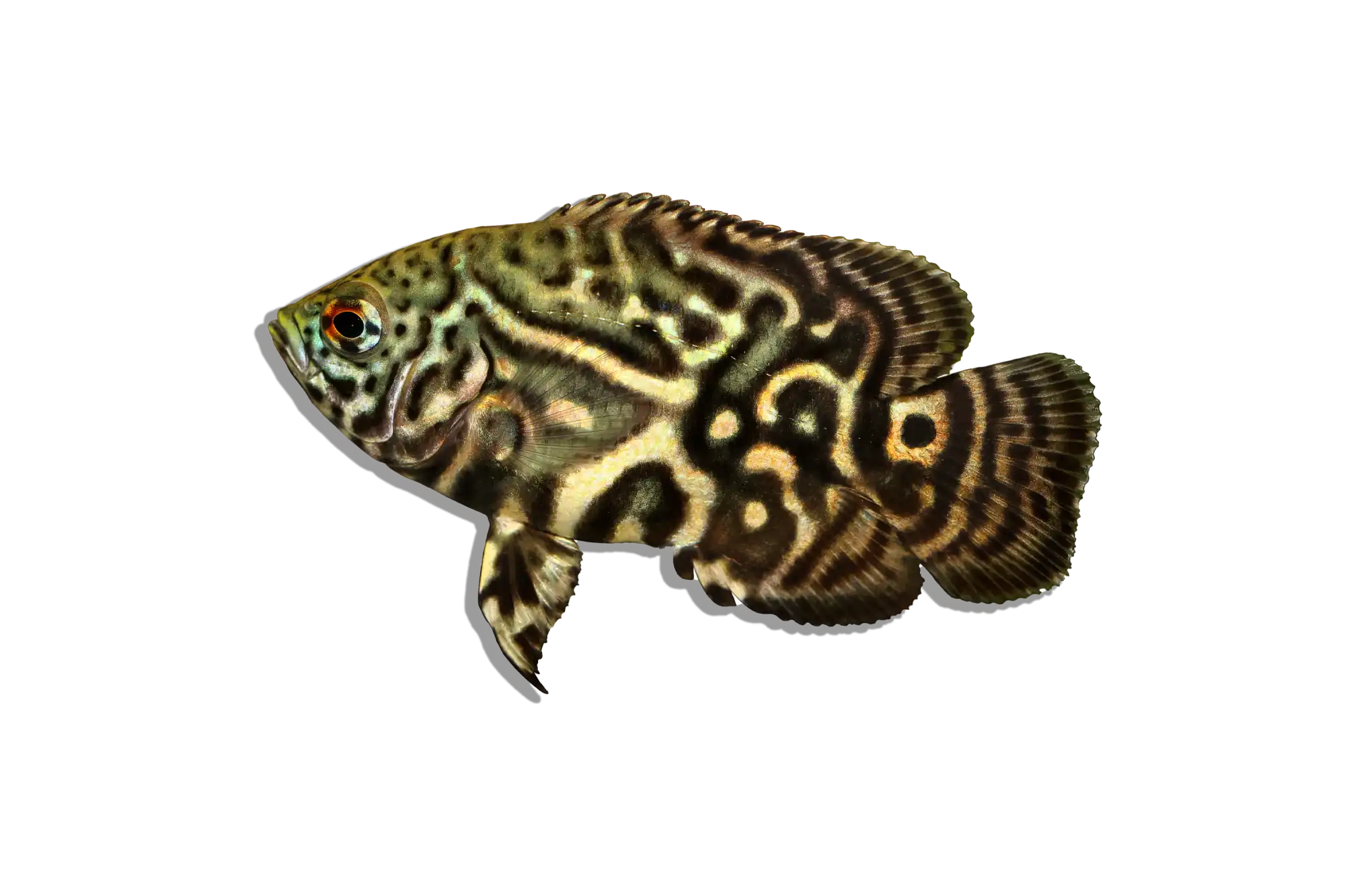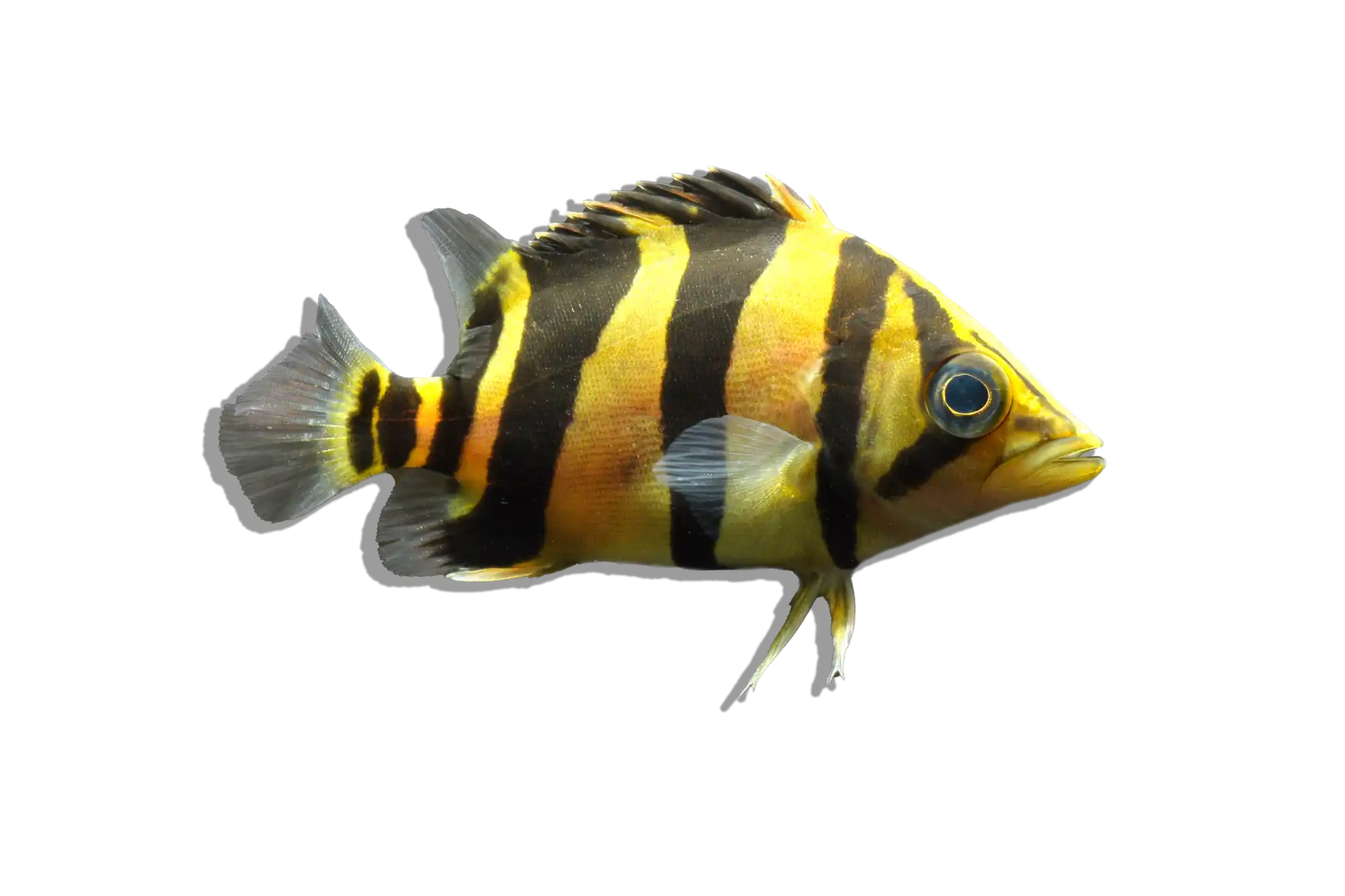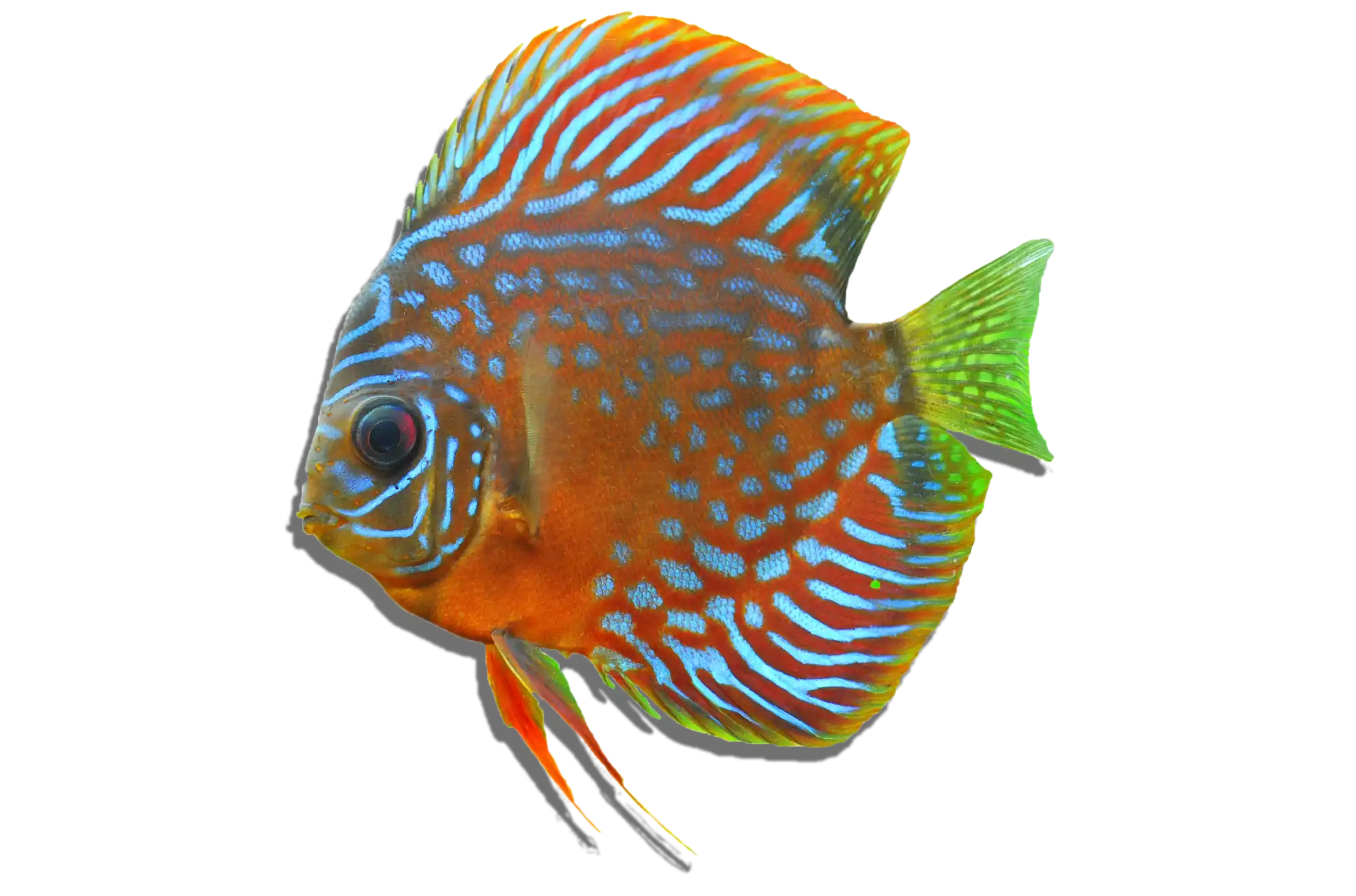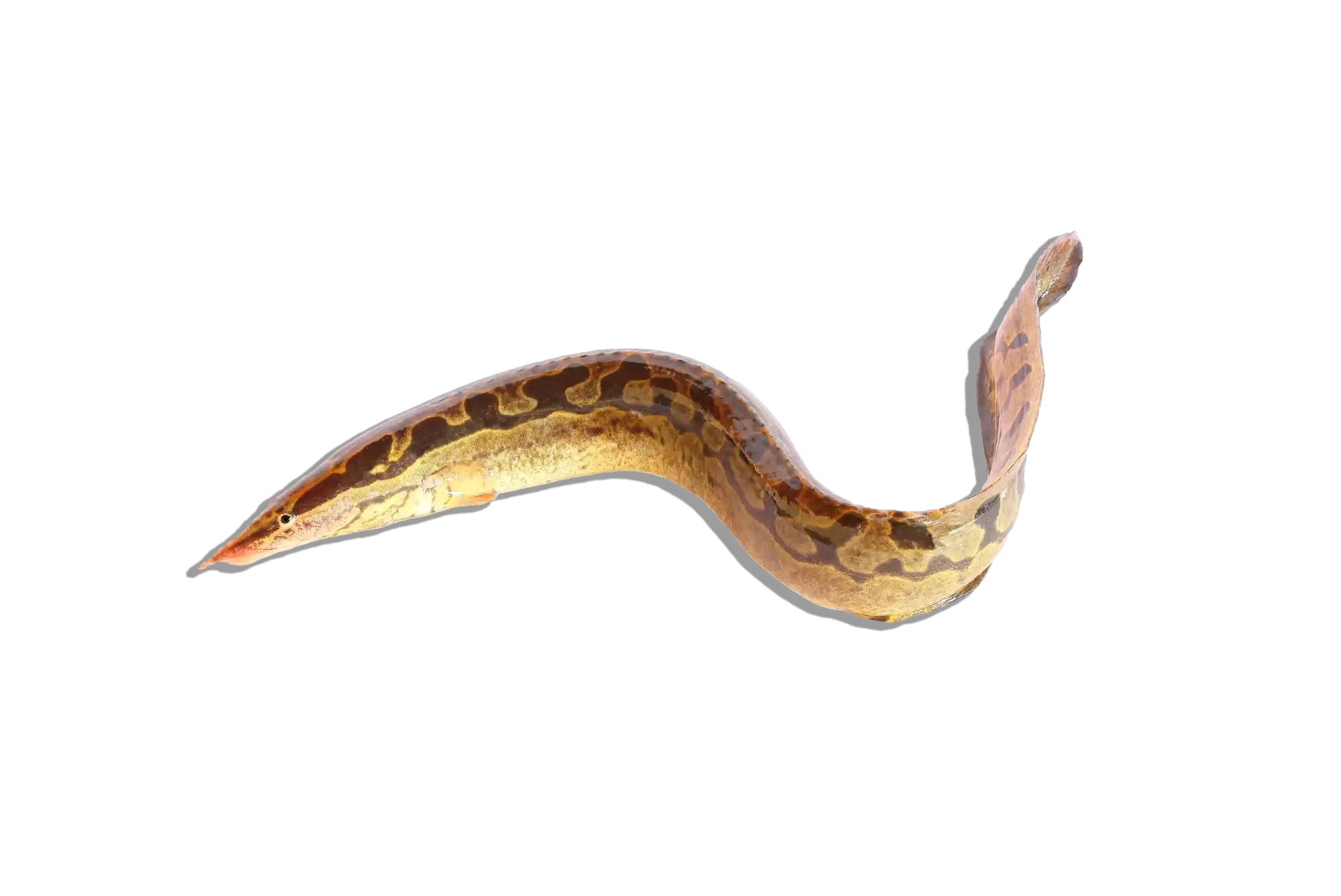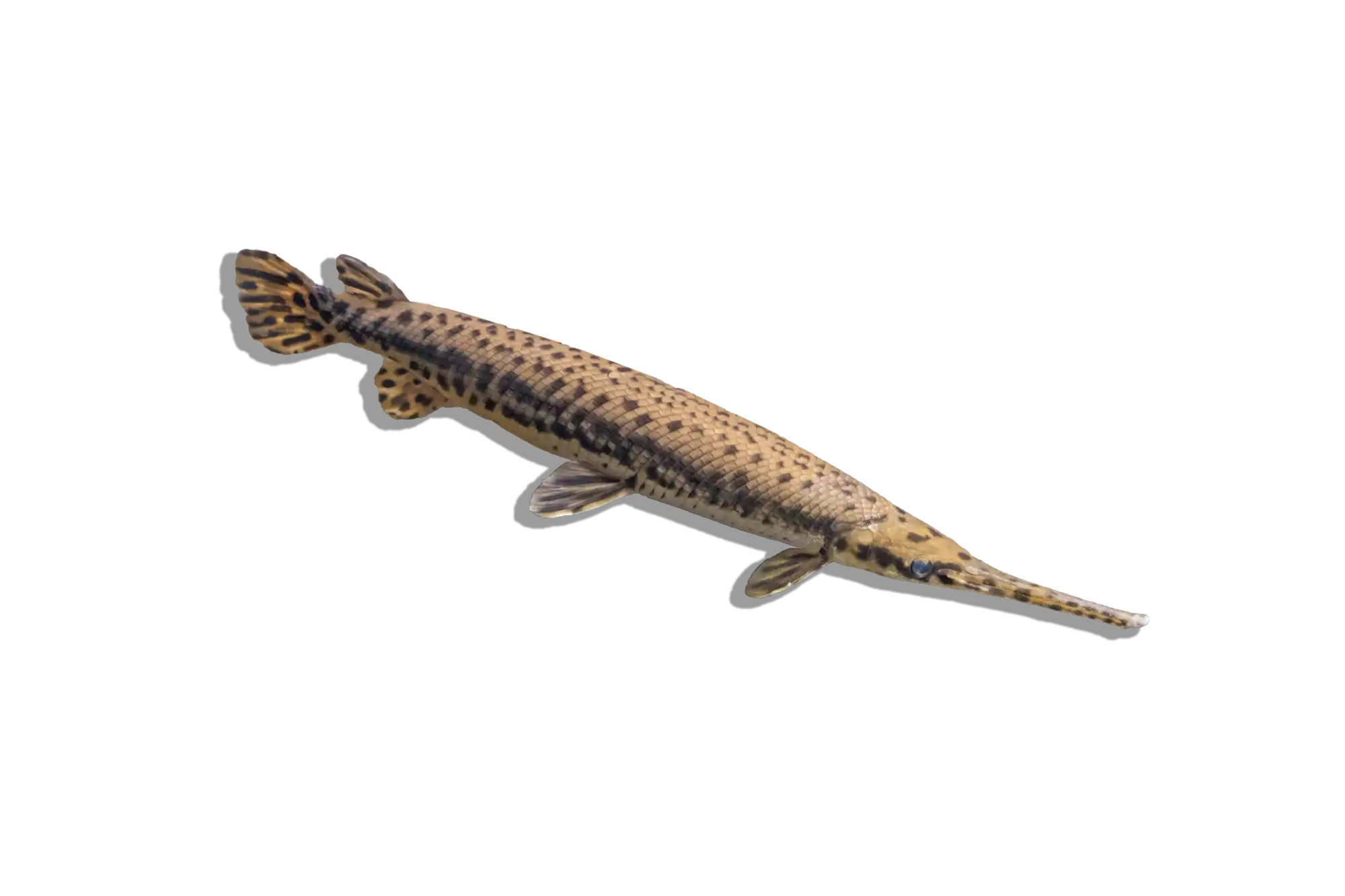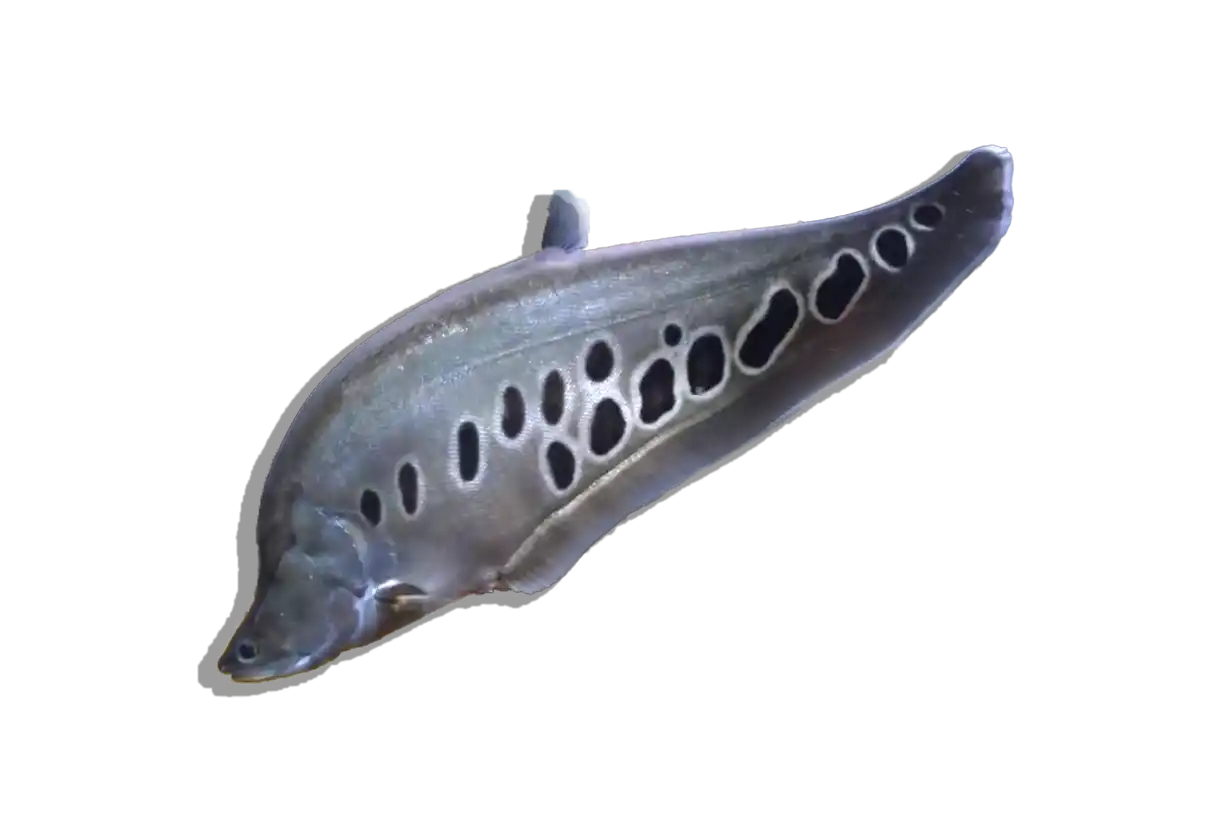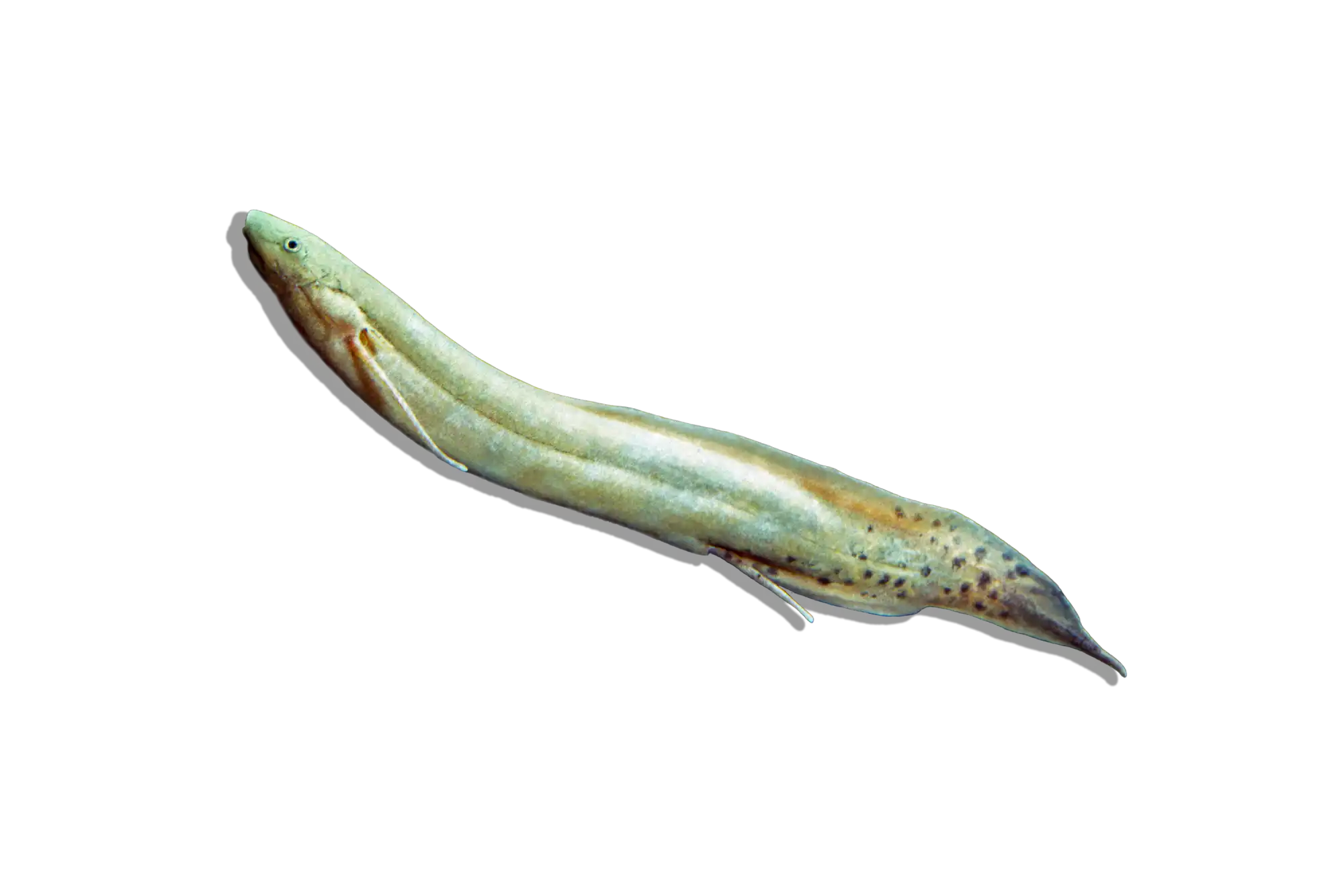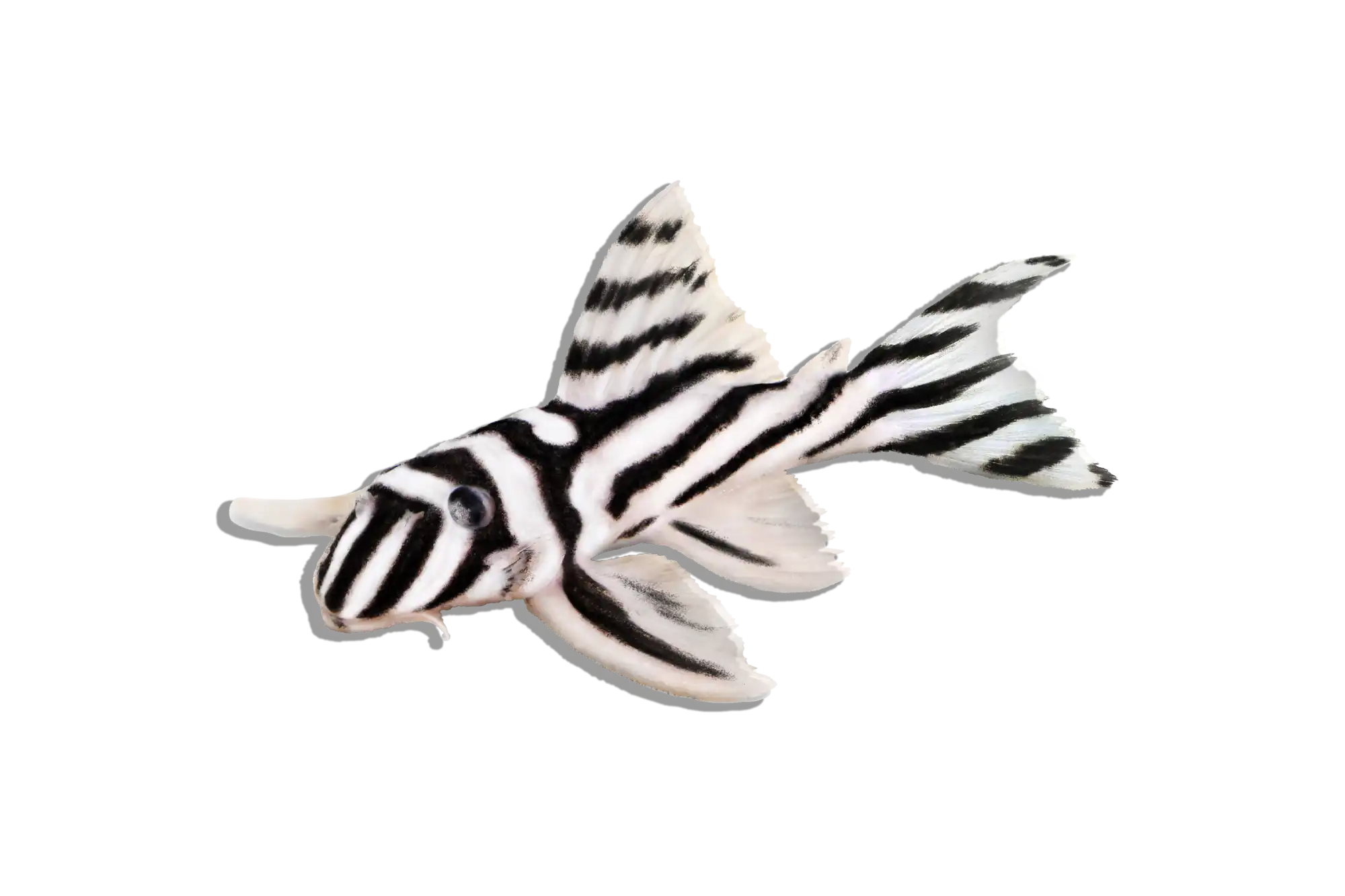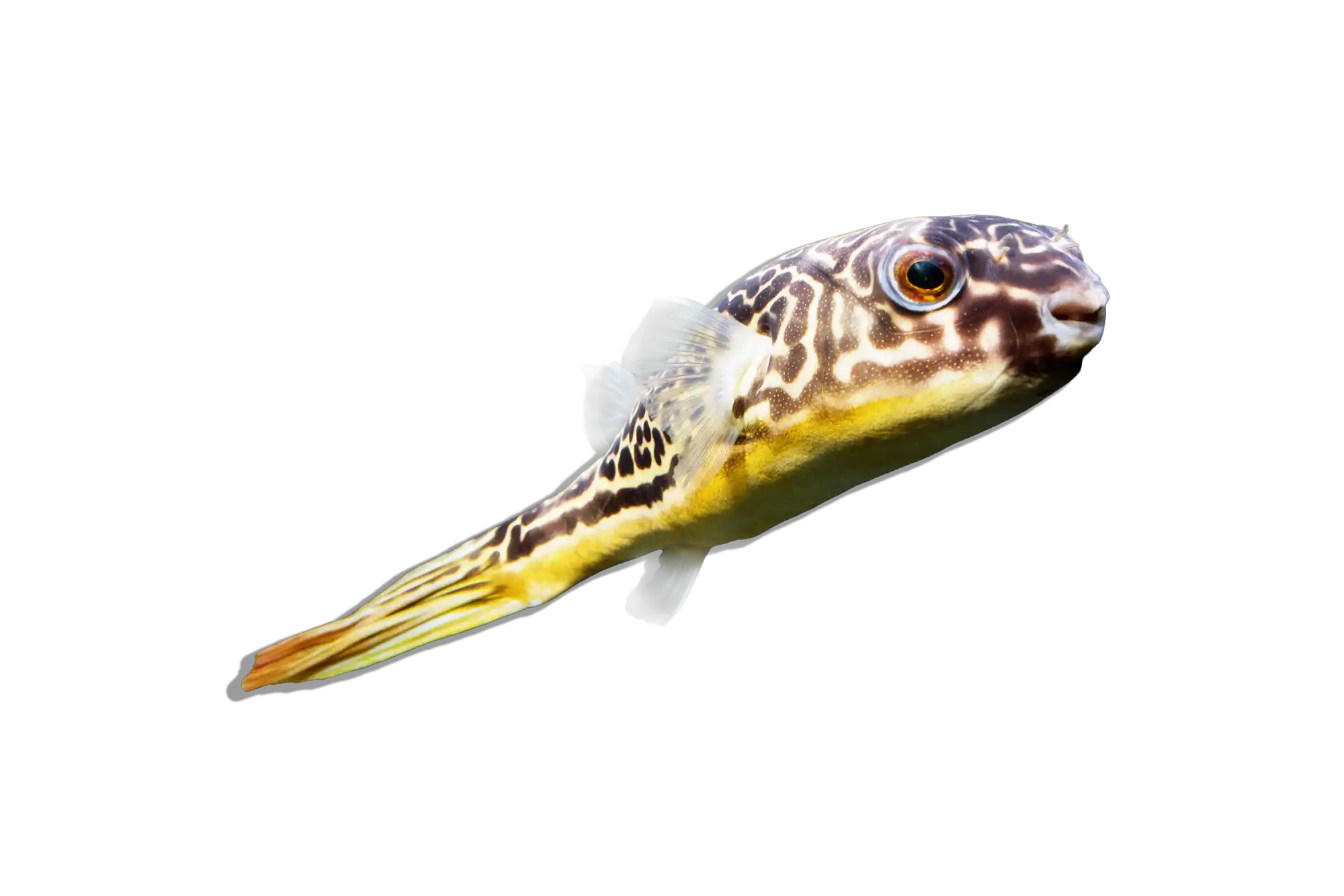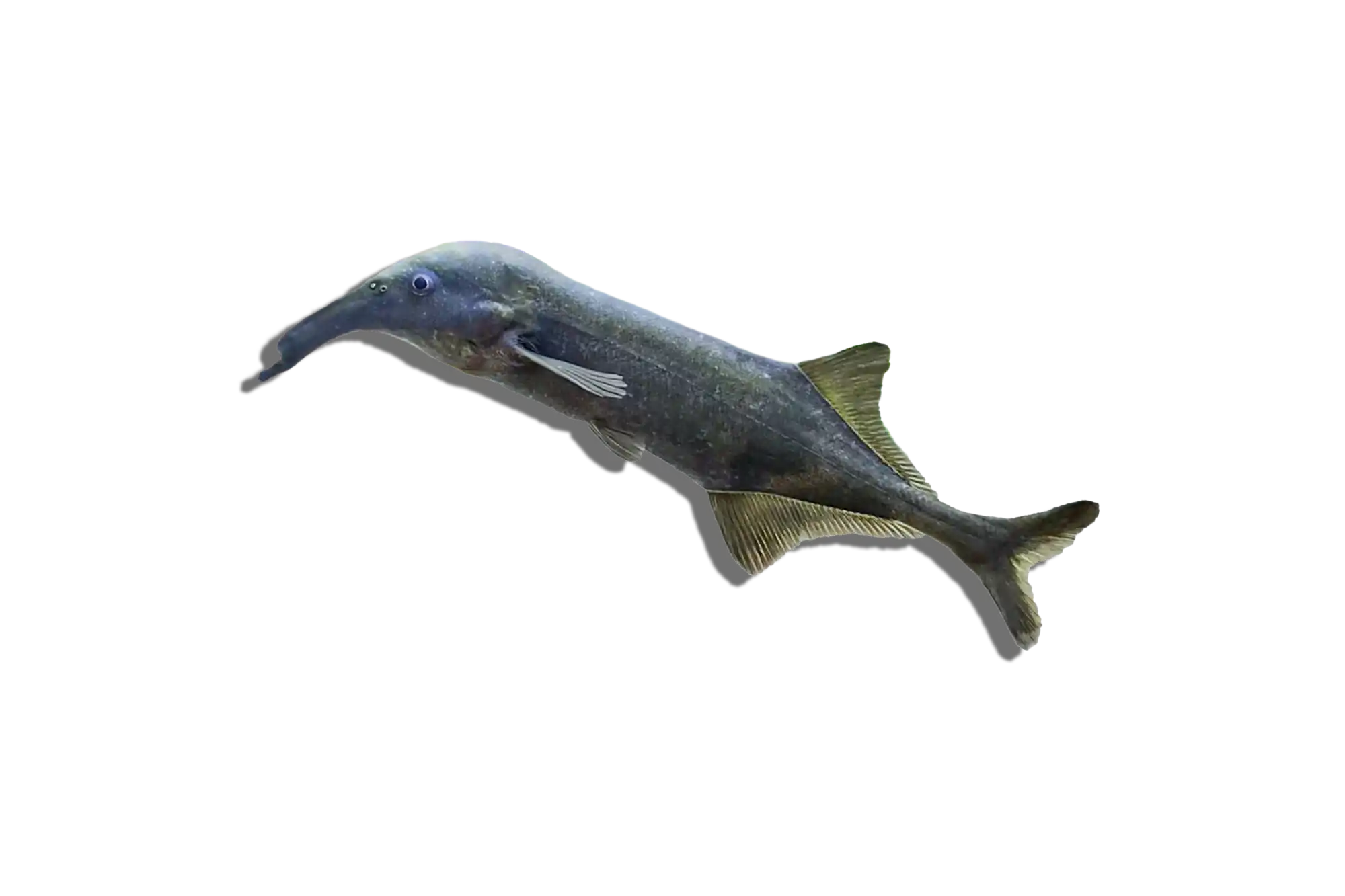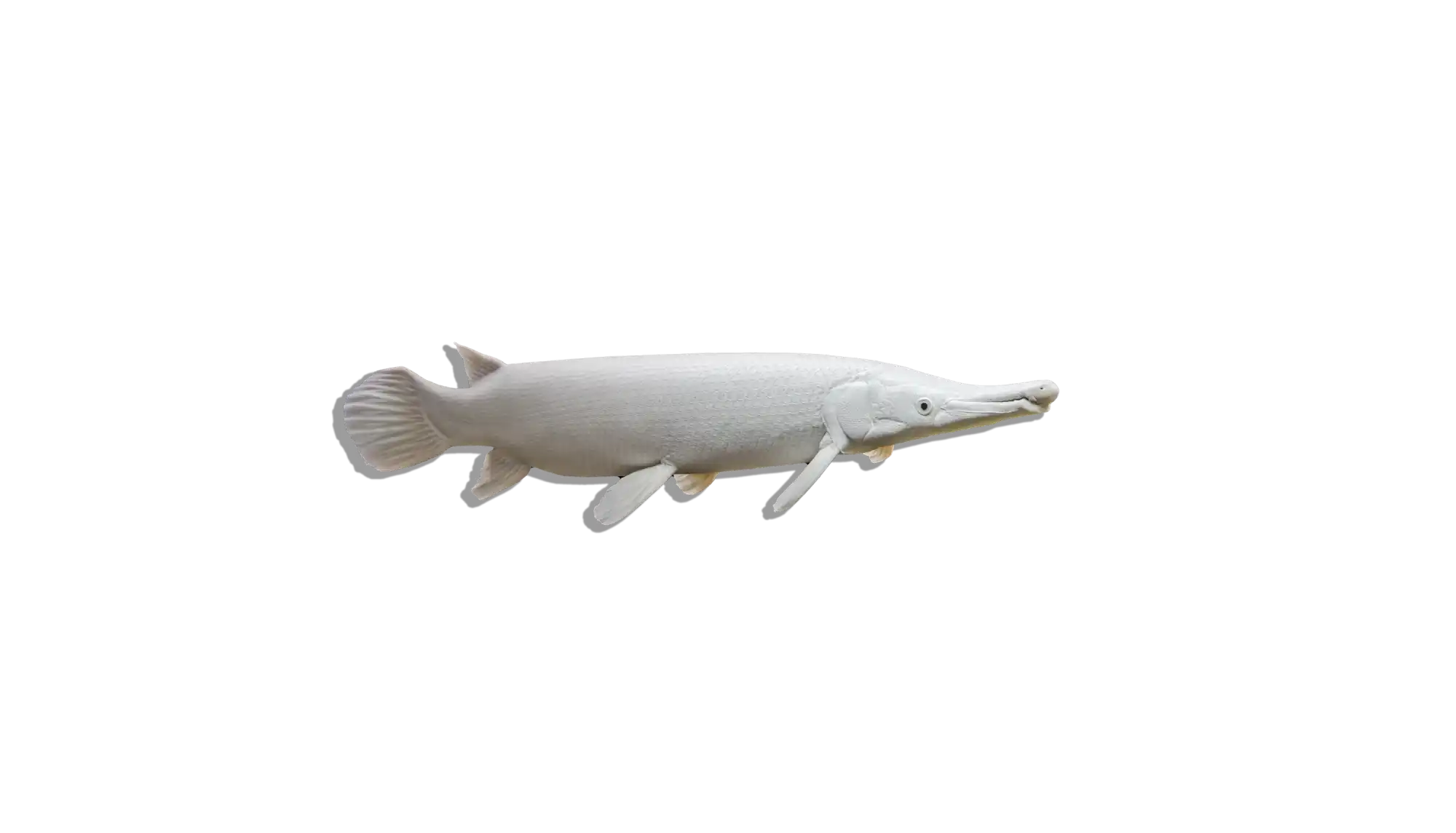Description
Common Name: Constellatus Eartheater Cichlid
Scientific Name: Gymnogeophagus constellatus
Other Names: Starry Eartheater
The Constellatus Eartheater Cichlid is a striking species of Gymnogeophagus known for its beautiful iridescent body adorned with a pattern resembling a starry night sky. Unlike many eartheaters, this species is seasonally dimorphic, meaning its coloration intensifies during the breeding season. Its peaceful temperament, unique appearance, and fascinating sand-sifting behavior make it a highly desirable species for South American cichlid enthusiasts.
Habitat and Distribution:
Native to southern Brazil, Gymnogeophagus constellatus is found in cool, slow-moving rivers and streams with sandy substrates and rocky formations. These waters experience seasonal temperature changes, influencing the fish’s breeding cycles. The habitat consists of clear to slightly murky water with abundant submerged vegetation and moderate flow.
Size and Lifespan:
The Constellatus Eartheater grows to about 5-6 inches (13-15 cm), with males being larger and more colorful than females. In captivity, they typically live for 6-8 years, though a well-maintained environment can extend their lifespan.
Diet and Behavior:
This species is an omnivorous sand-sifter, meaning it takes in mouthfuls of substrate, extracts edible material, and expels the remaining sand. A well-balanced diet should include:
- High-quality sinking pellets and wafers
- Live or frozen foods such as bloodworms, daphnia, and brine shrimp
- Vegetable matter, including spirulina-based flakes and blanched greens
- Avoid large, hard foods that may be difficult for them to process
They are peaceful and do best in groups of five or more to establish a natural hierarchy. Like other eartheaters, they are active diggers, constantly foraging along the substrate.
Breeding and Reproduction:
The Constellatus Eartheater is a delayed mouthbrooder, meaning the female picks up the fertilized eggs after they are laid and carries them in her mouth for protection. To encourage breeding:
- Maintain a slightly cooler dry-season period followed by warmer water changes to simulate the rainy season
- Provide fine sand substrate and scattered flat rocks for egg-laying
- Keep a balanced male-to-female ratio (1 male to 3-4 females)
Females hold the eggs and fry for about three weeks before releasing them. Fry should be fed finely crushed flakes and baby brine shrimp.
Aquarium Care and Tank Requirements:
A minimum of 55 gallons is required for a small group, though a larger tank (75+ gallons) is ideal for maintaining proper social structure. Their setup should include:
- Substrate: Fine sand to allow natural sifting behavior
- Decor: Rocks and driftwood for territorial boundaries
- Filtration: High-quality filtration to maintain clean water
- Water Movement: Moderate to replicate natural river conditions
- Lighting: Moderate to bright, with floating plants to provide shade
Ideal Tank Mates:
The Constellatus Eartheater is peaceful and thrives in a community setup with other mild-tempered species. Suitable tank mates include:
- Other Gymnogeophagus species
- Peaceful tetras and characins (Rummy Nose Tetras, Buenos Aires Tetras)
- Small to medium-sized plecos (Ancistrus species)
- Corydoras and other peaceful bottom dwellers
Avoid aggressive cichlids or fin-nipping species that may stress them.
Difficulty Level:
Intermediate. They are hardy but require stable water conditions, a fine sand substrate, and seasonal temperature changes to thrive.
Water Parameters:
- Temperature: 68-78°F (20-26°C), with seasonal variation preferred
- pH: 6.5-7.5
- General Hardness (GH): 5-15 dGH
- Carbonate Hardness (KH): 3-10 dKH
- Ammonia: 0 ppm
- Nitrite: 0 ppm
- Nitrate: <20 ppm (regular water changes required)
Additional Information:
- Gymnogeophagus constellatus prefers cooler temperatures than most South American cichlids and benefits from a seasonal temperature drop during winter months.
- Males develop elongated fins and more intense coloration during the breeding season.
- They should always be kept in groups, as solitary individuals may become stressed and exhibit less natural behavior.
The Constellatus Eartheater Cichlid is a fascinating and visually stunning species that brings natural foraging behavior and social dynamics to the aquarium. With proper care, they are an excellent choice for aquarists interested in South American biotope tanks.

